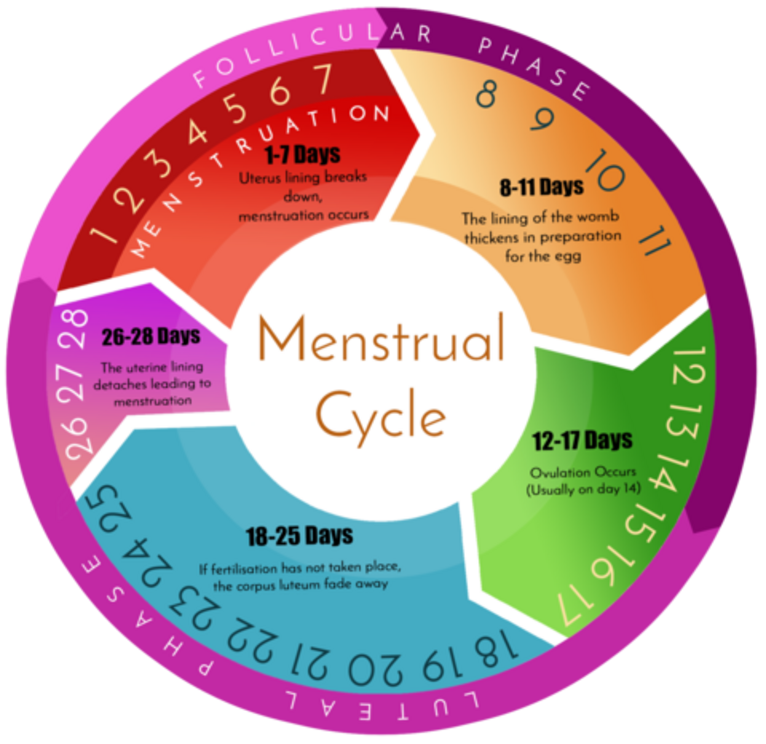Air pollution linked to irregular menstrual cycles
The air your teenage daughter breathes may be causing irregular menstrual cycles. Well documented negative health effects from air pollution exposure include infertility, metabolic syndrome and polycystic ovary syndrome. This study is the first to show that exposure to air pollution among teen girls (ages 14-18) is associated with slightly increased chances of menstrual irregularity and longer time to achieve such regularity in high school and early adulthood.
"While air pollution exposures have been linked to cardiovascular and pulmonary disease, this study suggests there may be other systems, such as the reproductive endocrine system, that are affected as well," said corresponding author Shruthi Mahalingaiah, MD, MS, assistant professor of obstetrics and gynecology at Boston University School of Medicine and a physician in obstetrics and gynecology at Boston Medical Center.
The menstrual cycle is responsive to hormonal regulation. Particulate matter air pollution has demonstrated hormonal activity. However, it was not known if air pollution was associated with menstrual cycle regularity, until now.
The researchers used health and location data gathered in the Nurses' Health Study 2 plus air pollution exposure metrics from the EPA air quality monitoring system to understand a participants' exposure during a particular time window. They found exposure to air pollution in during high school was correlated with menstrual cycle irregularity.
"Implications on human disease may come through reducing emissions on a global and individual level," said Mahalingaiah.
The findings appear in the journal Human Reproduction.
Story Source:
Materials provided by Boston University School of Medicine. Note: Content may be edited for style and length.
Journal Reference:
- S Mahalingaiah, S E Missmer, J J Cheng, J Chavarro, F Laden, J E Hart. Perimenarchal air pollution exposure and menstrual disorders. Human Reproduction, 2018; DOI: 10.1093/humrep/dey005
For full references please use source link below.

